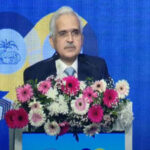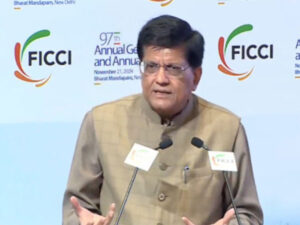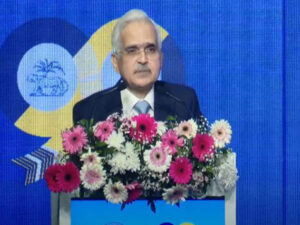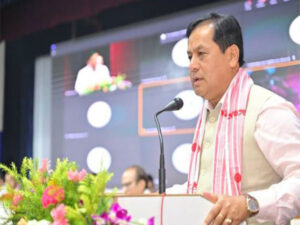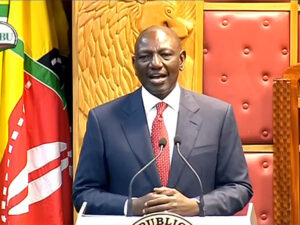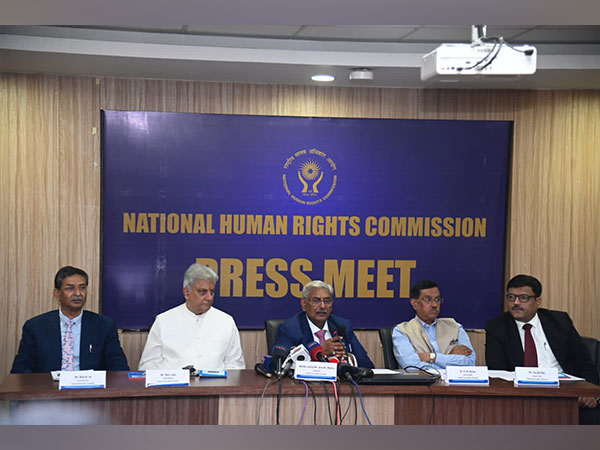
Guwahati (Assam) [India], November 17 (ANI): The National Human Rights Commission (NHRC) concluded its two-day camp sitting at Administrative Staff College here on Friday. The camp sitting was organised to hear the pending cases of human rights violations in eight North Eastern (NE) states and to spread awareness amongst the officials of state governments, parastatal organisations, and NGOs.
NHRC chairperson Justice Arun Mishra, members, Dr Dnyaneshwar M Mulay, Rajiv Jain and other senior officers also attended the two-day sitting, which commenced on Thursday. Justice Mishra, inaugurating the camp sitting, said that the commission has a wide-ranging mandate for the promotion and protection of human rights in diverse areas and the commission’s camp sitting in the concerned states is a unique concept aimed at reaching out to the doorsteps of the victims of human rights violations.
The commission, in a release, said that it heard 56 cases in the presence of concerned officers of the North Eastern states and the complainants.
These included the alleged arbitrary and unlawful division/partition of the lands of the Chakmas at Anandapur-I and Anandapur-II, Brajapur, Bodhiasatta-II villages in District Changlang, Arunachal Pradesh, and the alleged rape of a 16-year old tribal girl by a non-tribal person in the area of Kokrajhar town, Kokrajhar police station, Assam, among others.
The commission also held a meeting with the Chief Secretaries and Director General of Police (DGPs) of the NE states and asked the officers to submit action-taken reports on various Advisories issued by the Commission on various issues such as mental health, police encounters, bonded labour, right to food and safety, truck drivers, ocular trauma, prevention of suicide in judicial and police custody, manual scavenging, etc.
The officers were directed to ensure timely submission of reports in cases pending before the commission, and in particular, compliance reports, wherein the commission makes a recommendation in cases of alleged and proven cases of violation of human rights of individuals.
The commission also stressed upon the state governments to provide infrastructure to SHRCs and fill up the vacant posts on priority for the smooth functioning of the State Human Rights Commission. After hearing the cases, the commission interacted with non-governmental organisations (NGOs) and human resource development societies (HRDs), which were attended by their representatives. They raised a gamut of issues related to human rights violations. The Commission appreciated the work being done by the NGOs and human rights defenders in the NE states and encouraged them to continue to do so without fear or favour.
The interaction concluded with the observation that the continued partnership of the NGOs and HRDs with the National Human Rights Commission will go a long way in strengthening the human rights regime in the country. They were informed that they can file complaints of human rights violations through hrcnet.nic.in. (ANI)




